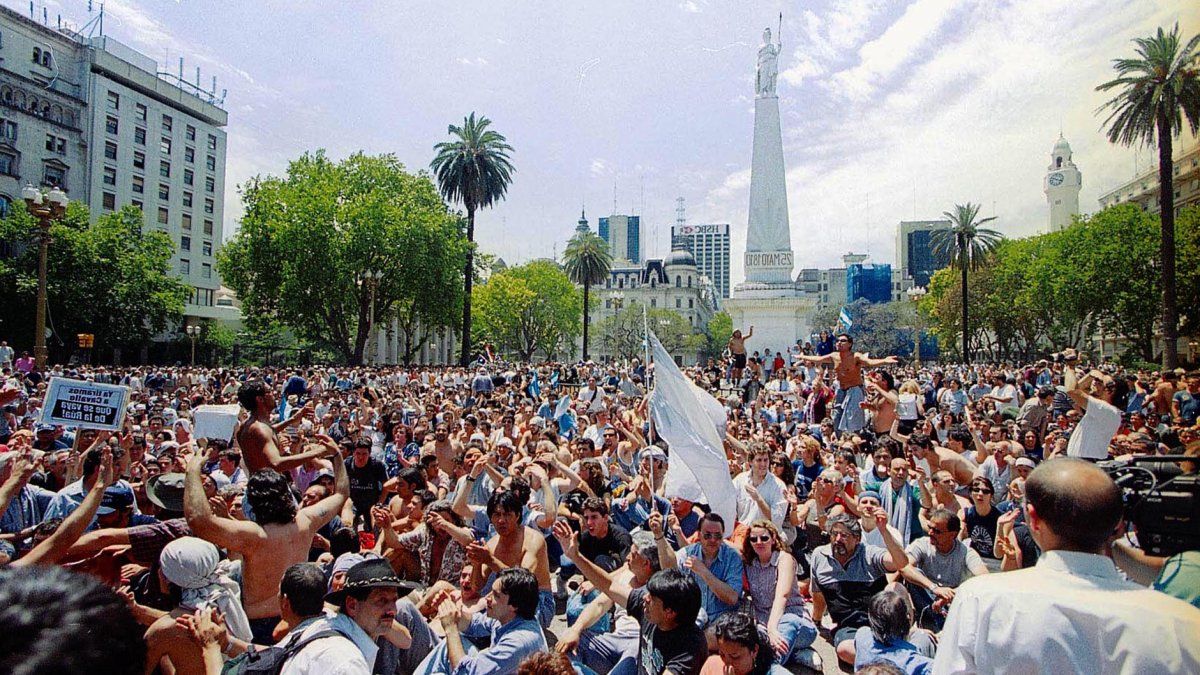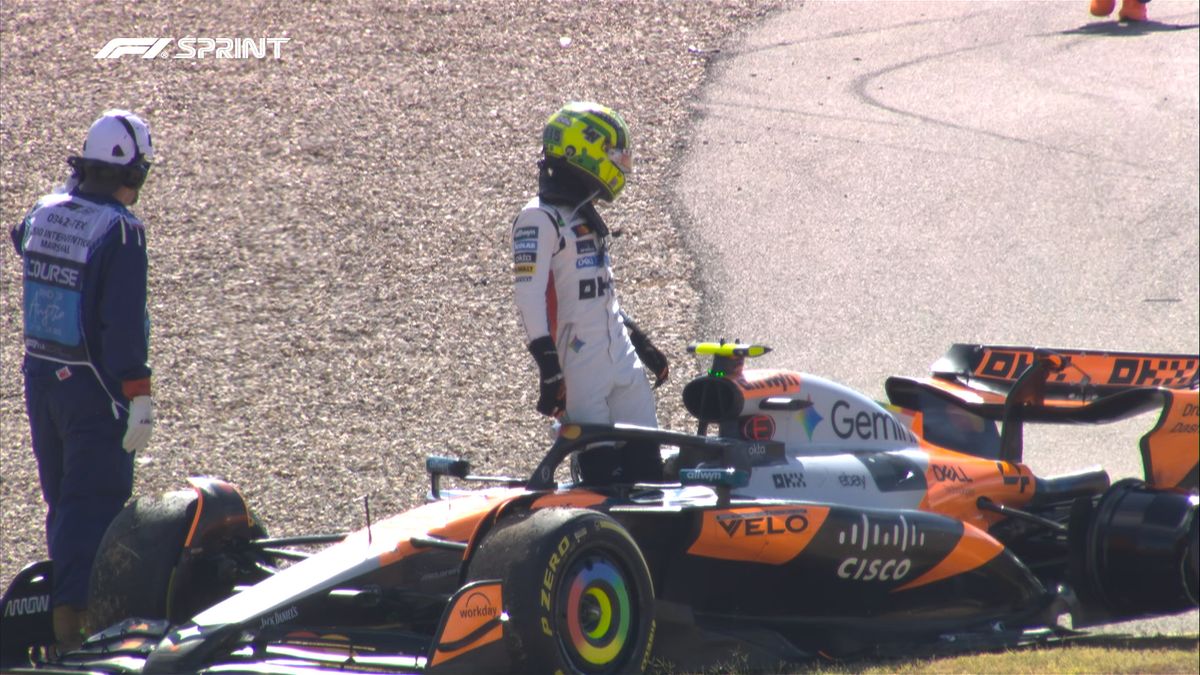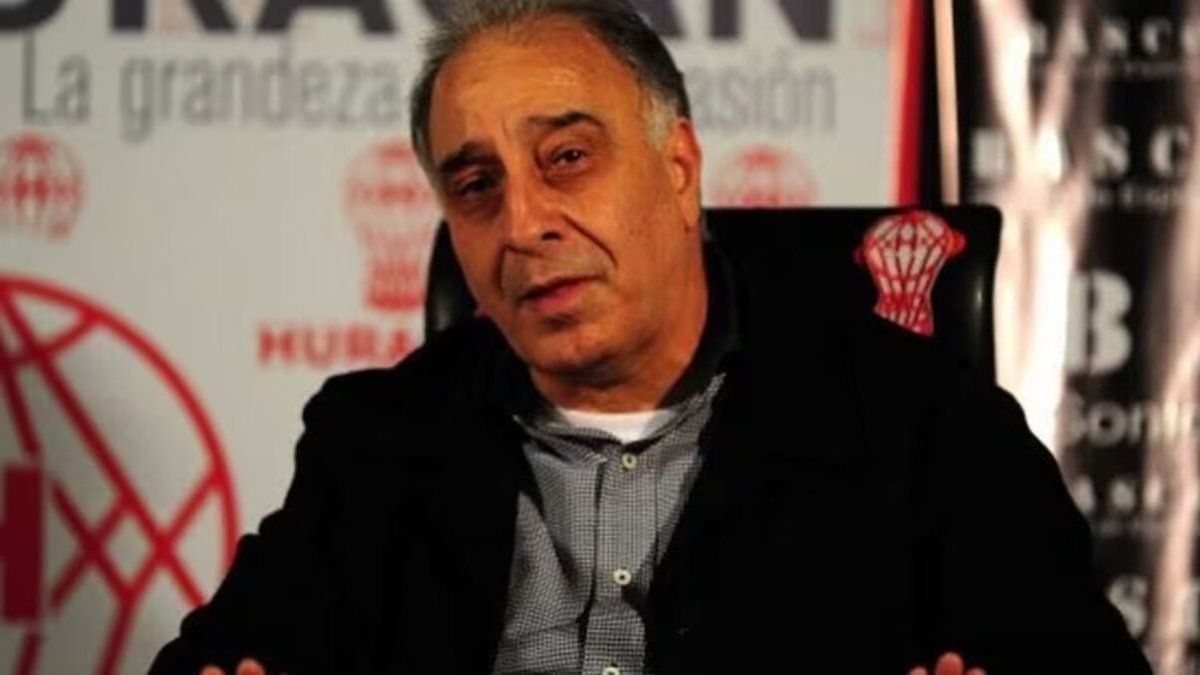The Argentine history of the last 49 years seems to oscillate between mirages of modernization and traumatic relapses. Today, under the libertarian experiment of President Javier Milei, The 2001 collapse ghost resurfaces strongly. That implosion, led by elite technocrats with manual solutions, triggered the default, capital controls, mass unemployment and an institutional collapse. Are we repeating the cycle? Based on the phenomenon of the Technopol -Economists turned into political leaders-, this article explores the systemic risks of subordinating fragile democracies to abstract financial logic.
Throughout the 1990s, the Technopol became central actors in the economic narratives of emerging markets. Domingo Cavalloeducated in Harvard and favored by the IMF, he personified this archetype in Argentina. His colleagues -aspe, Salinas de Gortari, Zedillo (Mexico); Gaidar (Russia); Singh (India); Cardoso (Brazil) shared a common conviction; that market -based efficiency could cancel political legitimacy and social complexity. Their political tools included the parity of the dollar, privatizations, fiscal orthodoxy and the growth driven by external debt. When reality was imposed -for infection, recession or volatility -, the result was a technocracy without political support that imposed austerity without social protection.
In Argentina, this model culminated in the collapse of 2001. Cavallo’s return that year marked the tragic outcome of technocracy; Forced debt exchanges, confiscation of bank deposits, issuance of bonds with fiscal support and a last failed stabilization attempt through VAT reimbursement. These decontextualized recipes, driven by the demands of the IMF and disconnected from social reality, torn democratic fabric.
Let’s get ahead of the 2023-2025 period. President Milei has empowered a new class of technocrats; Operators, coverage fund consultants and market fundamentalists. Unlike its predecessors of the 1990s, Academic Pedigrí or Institutional Credentials lack. Its authority does not come from electoral or technocratic prestige programs, but from virality on Twitter and ideological radicalism. Economic logic has been reduced to memes; Governance, unilateral decrees.
Although the government has achieved certain short -term advances -reduce the primary fiscal deficit and inflation of 12 % monthly in November 2023 to less than 2 % by mid -2025 -these advances are not sustainable or inclusive. The fiscal surplus was not due to efficiency, but to the strategy of the “chainsaw”: mass cuts to pensions, salaries, energy subsidies and public investment. Social indicators have deteriorated drastically: real wages fell and informal collapsed, poverty is around 50 %.
Argentina rushes to another cliff. The weight is artificially overvalued due to a mobile exchange rate imposed by the BCRA, What causes a shortage of dollars, deficit in the current account and loss of reservations. Meanwhile, the Debt maturity accumulate both in pesos and in dollars, without unequivocal capacity for refinancing without sufficient political capital. The economy is suffocated by a dangerous combination: external vulnerability, collapse of consumption and a hostile political and social climate.
Superb and revenge
There are superb people who can perceive an offense or insult as a great humiliation, which drives her to seek revenge to recover her pride (“in a new onslaught against the press, President Javier Milei attacked three journalists from Clarín” (Clarín, May 9, 2025). The president called the leader of the PRO “thief”, “mediocre” and “lack of ideas” 2025).
Revenge, in this context, becomes a way of demonstrating power and superiority, compensating the wound inflicted on the image itself; It can trigger a cycle of violence and reprisals.
The alert signals are already on the street. On June 18, 2025, a human tide of protesters filled the Plaza de Mayo demanding the end of the authoritarian rhetoric and the institutional attacks of Milei. The immediate trigger was the controversial imprisonment of former President Cristina Fernández de Kirchner, carried out by opaque judicial maneuvers orchestrated by the former president and the CEO of the multim average, accused of exercising undue influence on the Supreme Court through magistrates related to corporations. Which intended to be a blow to Peronism ended up galvanizing it; in a day, The opposition went from fragmented to mobilized. This political earthquake alters the map of power. For 18 months, Milei ruled with little resistance; The opposition was dispersed, the fractured Congress and the demoralized social movements. That era is over. From now on, the president of Argentina must govern with the opposition, and that implies negotiation, not aggression.
If the government wants to avoid a deeper collapse than that of 2001, it must take a turn. In macroeconomic terms, that means correcting the overvalued exchange rate, restructuring short -term debt to avoid financing crisis and stop the continuous erosion of wages and pensions. A reactivation of internal consumption is not only socially necessary, but also economically rational. No stabilization can be sustained in a demand vacuum.
Politically, the president must leave the confrontation and convene a national agreement with the Peronist opposition. Consensus, not combat, is the only way to governance. Argentina’s problem is not the lack of ideology, but the lack of art of governing. The alternative is chaos.
The legend is not repeated, but agrees too much. If technocratic fetishism led to collapse in 2001, its recharged version of 2025 – an academic rigor, democratic legitimacy or institutionality – could lead to Argentina to a point without return. What is at stake is no longer just macroeconomic stability. It is the very idea of a republic.
Doctor of Political Science, Master in International Economic Policy. Postgraduate professor (UBA) and masters in private universities. Executive Director of Deco.com.ar, General Director of Fundacionesperanza.com.ar
Source: Ambito
David William is a talented author who has made a name for himself in the world of writing. He is a professional author who writes on a wide range of topics, from general interest to opinion news. David is currently working as a writer at 24 hours worlds where he brings his unique perspective and in-depth research to his articles, making them both informative and engaging.




